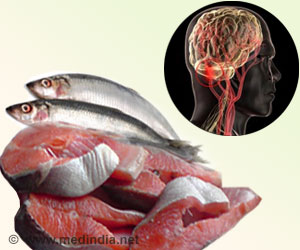
"These results suggest that prenatal brain development may be a very important influence on psychiatric risk later in life," Rebecca C. Knickmeyer, lead author of the study from the University of North Carolina School of Medicine, said.
The study included 272 infants who received MRI scans at UNC Hospitals shortly after birth. The DNA of each was tested for 10 common variations in 7 genes that have been linked to brain structure in adults.
These genes have also been implicated in conditions such as schizophrenia, bipolar disorder, autism, Alzheimer's disease, anxiety disorders and depression.
For some polymorphisms - such as a variation in the APOE gene which is associated with Alzheimer's disease - the brain changes in infants looked very similar to brain changes found in adults with the same variants, Knickmeyer said.
"This could stimulate an exciting new line of research focused on preventing onset of illness through very early intervention in at-risk individuals," she said.
Advertisement
For example, the study included two variants in the DISC1 gene. For one of these variants, known as rs821616, the infant brains looked very similar to the brains of adults with this variant. But there was no such similarity between infant brains and adult brains for the other variant, rs6675281.
Advertisement
The study has been published in the journal Cerebral Cortex.
Source-ANI















